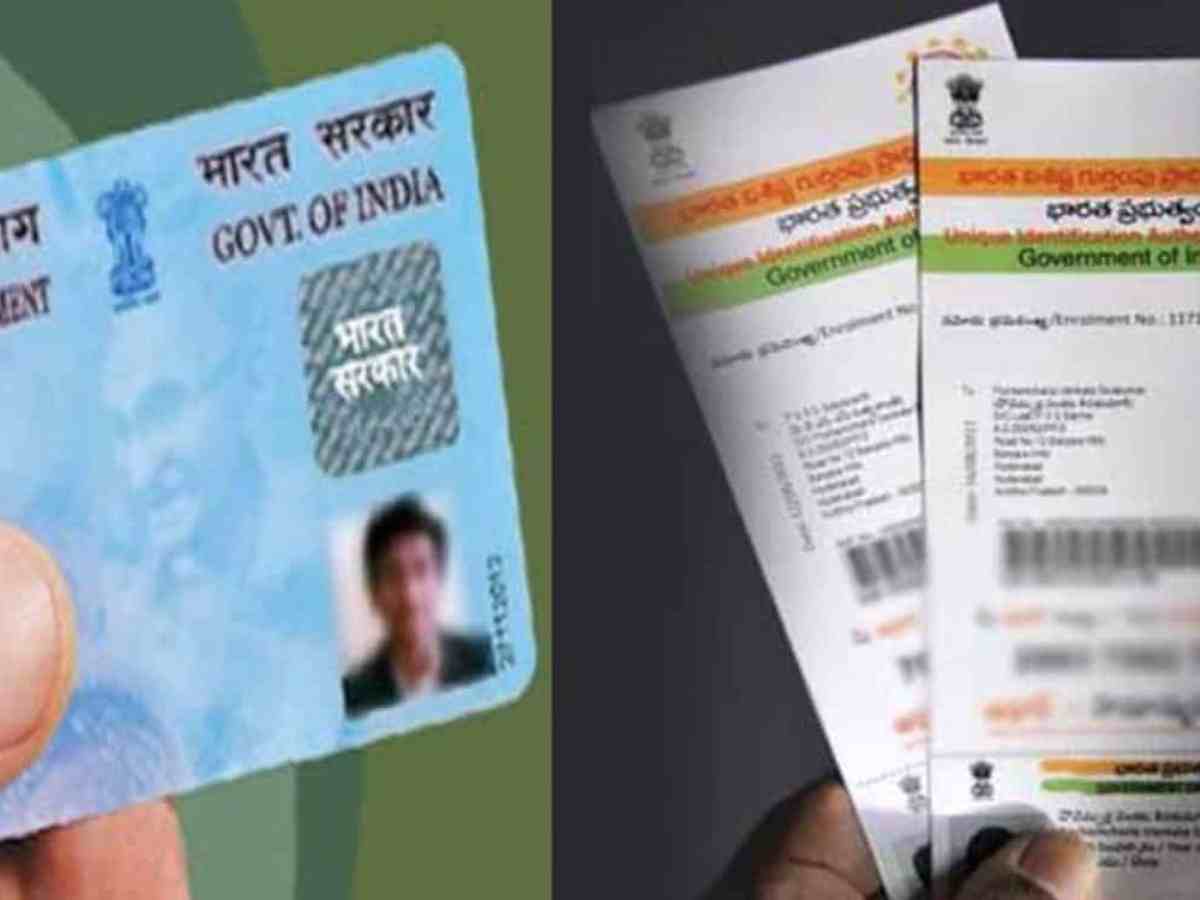New Delhi: The Union Cabinet on Wednesday cleared a bill on electoral reforms, including the linking of Aadhaar and voter id on a voluntary basis. The aim behind the implementation of linking of two govt documents is to weed out bogus and duplicate entries in electoral rolls.
The bill also aims to make electoral law gender-neutral for service voters.
Currently, an army man’s wife is entitled to be enrolled as a service voter, but a woman army officer’s husband is not. However, once the bill gets the nod of Parliament, the provision will become gender-neutral. The term ‘wife’ in the Representation of People Act will be replaced with ‘spouse’.
Four dates to enroll as voters
Another provision of the proposed bill will allow the youth to enroll as voters on four different dates every year. As of now, those turning 18 on or before January 1 of every year are only allowed to register as voters.
The Election Commission of India (ECI) had been pushing for multiple cut-off dates to allow more eligible people to register as voters.
The law ministry had recently told a parliamentary panel that it is proposed to amend section 14(b) of the Representation of the People Act to insert four qualifying dates (or cut-off dates) January 1, April 1, July 1, and October 1 of every year.
In March, then law minister Ravi Shankar Prasad had told Lok Sabha in a written reply that the poll panel has proposed to link electoral roll with the “Aadhaar ecosystem” with a “view to curb the menace of multiple enrolments of the same person at different places”.
Poll panel on linking of Aadhaar and voter ID
The poll panel has been pressing the government to amend provisions of the Representation of the People Act allowing EC to seek Aadhaar numbers of those applying to be voters and those who are already part of the electoral rolls.
According to the EC proposal sent in August 2019, the electoral law should be amended to empower electoral registration officers to seek Aadhaar number of existing voters as well as of those applying to enrol themselves in the voters’ list.
In August 2015, a Supreme Court order on Aadhaar had put the brakes on the EC’s project to link UIDAI (Aadhaar) number with voters’ electoral data to check multiple entries in electoral rolls.
The poll panel was then collecting Aadhaar numbers as part of its National Electoral Roll Purification and Authentication Programme (NERPAP).
Seeking to check multiple entries in electoral rolls and to make them error-free, the EC had embarked on an ambitious project to link Aadhaar numbers with electoral data.
Since the Supreme Court order makes it clear that sanction of law is required to collect the Aadhaar number, the commission has proposed changes in electoral law, a poll panel functionary had explained.
The bill on these reforms is likely to be introduced in the ongoing winter session of the Parliament.
With inputs from agencies

